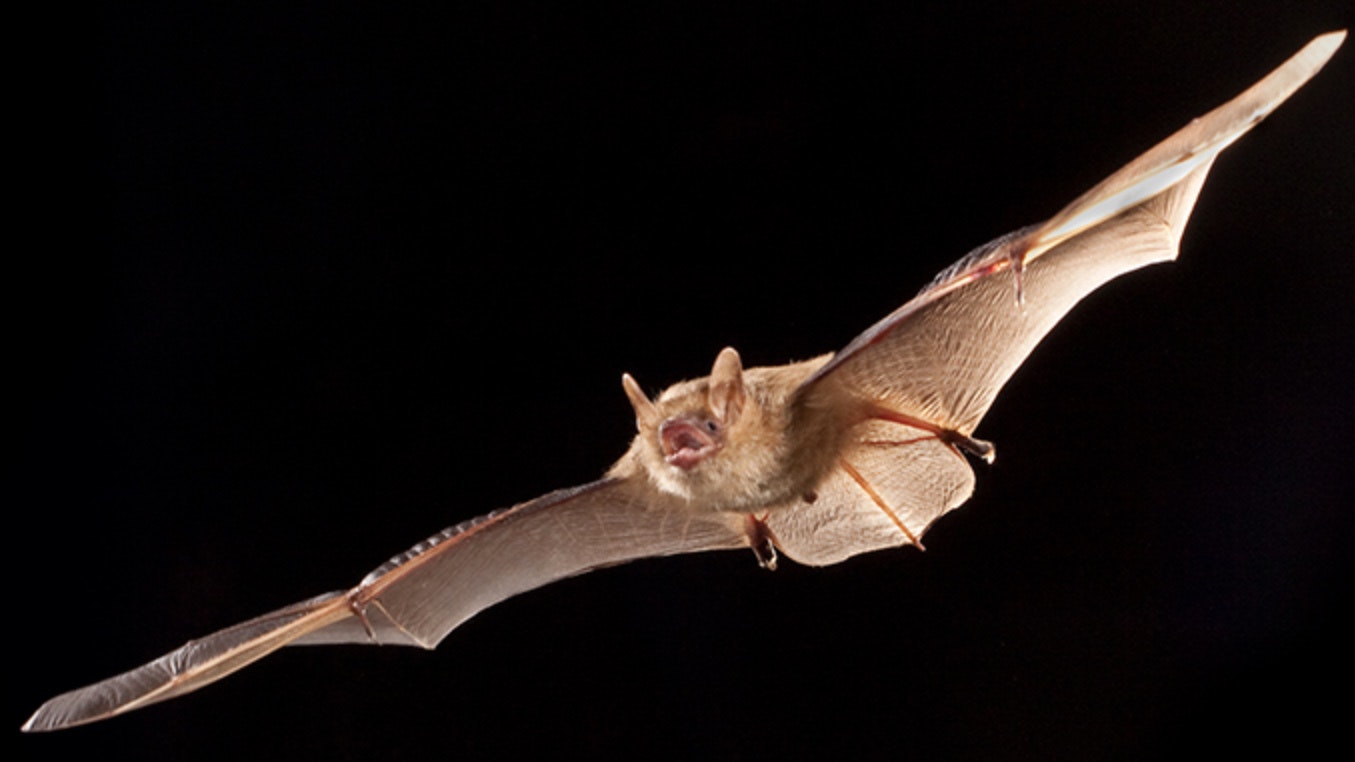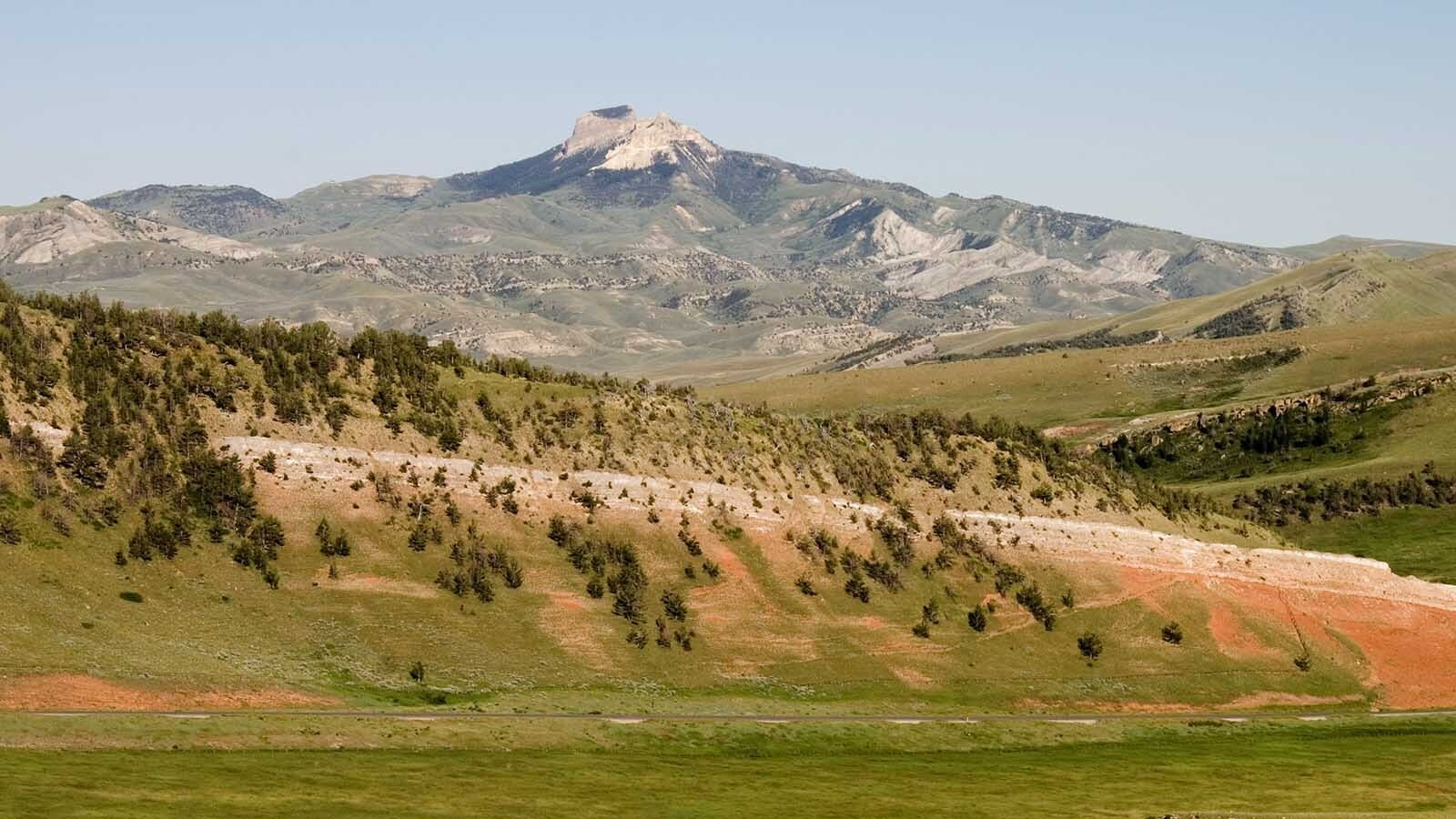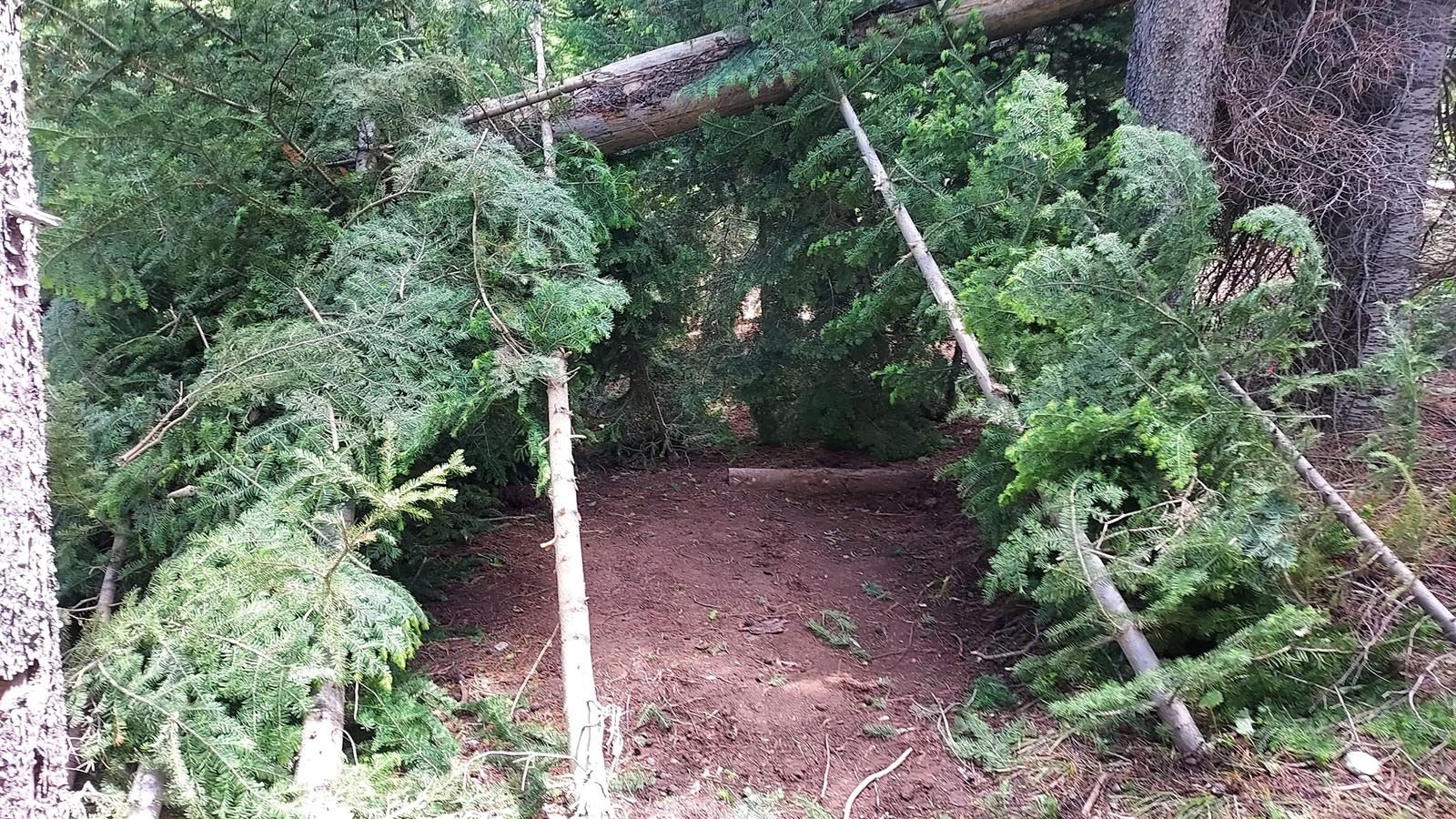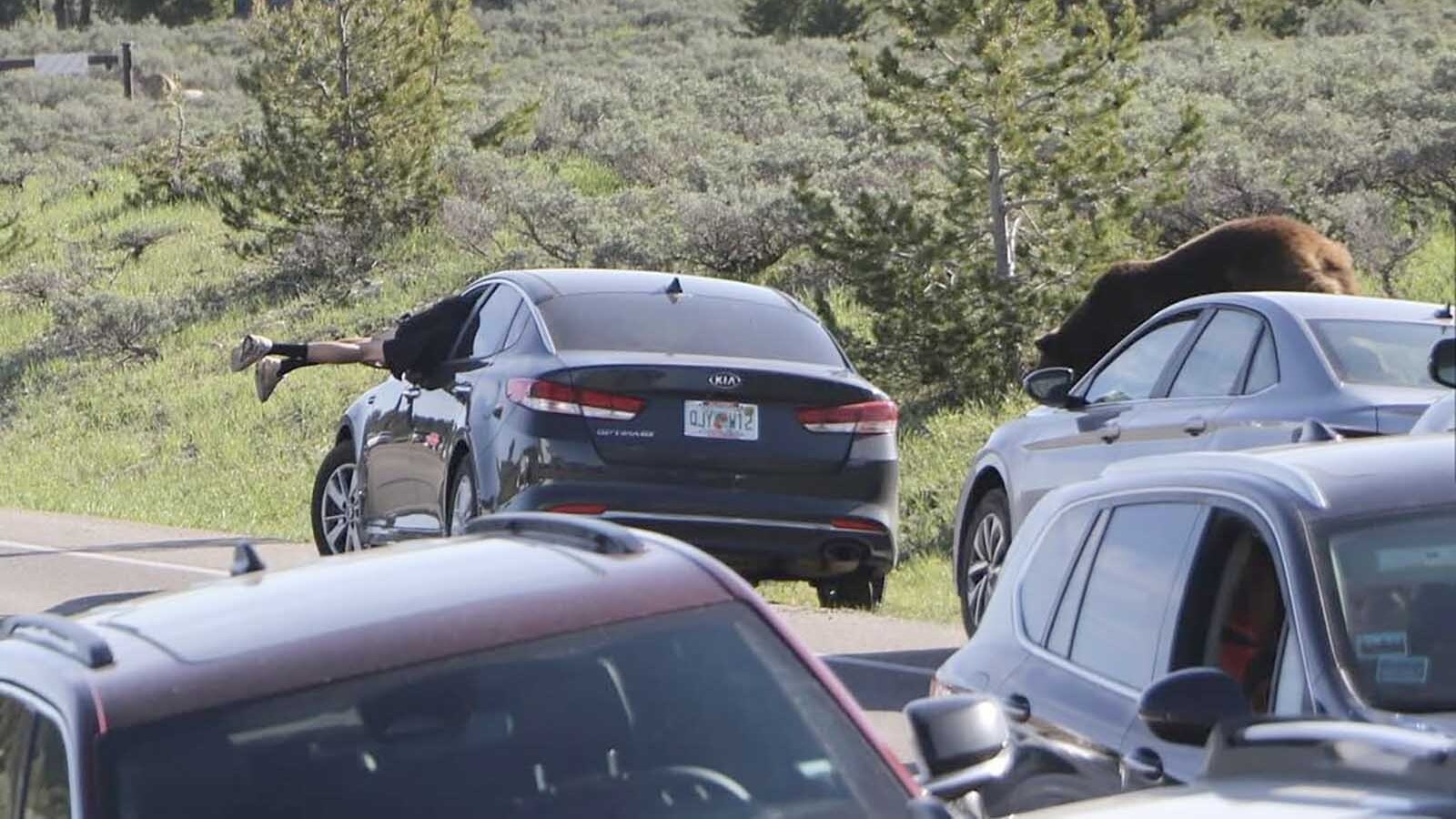By Jimmy Orr, Cowboy State Daily
Adding a bat to the Endangered Species Act list could wreak havoc on private property rights here in Wyoming and a large portion of the country, according to a nationally recognized endangered species expert.
The U.S. Fish and Wildlife Service on Tuesday announced it is proposing to list the Tricolor Bat, which is found in eastern Wyoming and 38 other states, as an endangered species.
The agency says the bat’s numbers are decreasing and at risk for extinction due to a disease called “white nose syndrome.”
White-nose syndrome has caused estimated declines of more than 90 percent in affected tricolored bat colonies and is currently present across 59 percent of the species’ range, officials from the Fish and Wildlife Service said.
But Karen Budd-Falen, an expert on endangered species who served in two presidential administrations at the Department of Interior, told Cowboy State Daily that inclusion of the bat to the endangered species list won’t help the mammal.
“People don’t give the bat the disease and we don’t know what causes the disease,” Budd-Falen, now a Cheyenne attorney, said. “But to prohibit the use of private property isn’t going to fix the problem.”
Loss Of Property Rights
Budd-Falen said by listing the bat as an endangered species, people will lose their property rights if the bat encroaches on their property.
“It’s a huge impact, an absolutely huge impact,” Budd-Falen said. “The courts have said that that [the impact of the Endangered Species Act] is not compensable so you don’t get paid for not using your private property. You just can’t use it.”
She said if the bat were to enter your house, barn, or other areas of your property, there is nothing you can do about it.
She said if you were to try to coerce the bat to live somewhere else, that is considered a “taking” which is not allowable under federal law.
“It’s $25,000-a-day fine and federal prison time if you ‘take’ a species,” she said.
Ways To Mitigate
But a public affairs official with the U.S. Fish and Wildlife Service said there are ways citizens can remove offending bats from dwellings or other structures.
Joe Szuszwalak told Cowboy State Daily that property owners should work with wildlife control officers and follow the guidance of the “Acceptable Management Practices for Bat Control Activities in Structures” to address bat issues.
“If there is an imminent threat to human safety (particularly if a bat shows signs of being rabid), all forms of take, including lethal take, are always allowed for human safety,” Szuszwalak said.
Not So Fast
That may sound good, Budd-Falen said, but the issue is burden of proof. She said the property owner bears that burden in any court proceeding and it is “very expensive” and difficult.
“For example, if a rabid bat moves into your attic, you can move into a hotel and that would protect your safety without taking the bat,” she said.
“When wolves were listed as threatened and endangered, you had to prove the wolf was in the act of biting in order to prove imminent danger. Being aggressive towards you or watching you wasn’t enough to trigger the imminent harm exception to take the species,” Budd-Falen said.
She also said following the best management practices won’t necessarily protect the property owner because the prosecutor can have their own opinions on whether they were followed.
“Best management practices do not automatically protect you from legal liability,” she said. “A prosecutor could consider whether a landowner used acceptable management practices or not, but it is not a legal ‘get out of jail free’ card.”
Szuszwalak said public commenting on the proposed listing begins on September 14 and may be submitted through November 14.
A public meeting via videoconference will be held on October 12.
The Service will evaluate all information received during the comment period and will announce a final decision within 12 months.





